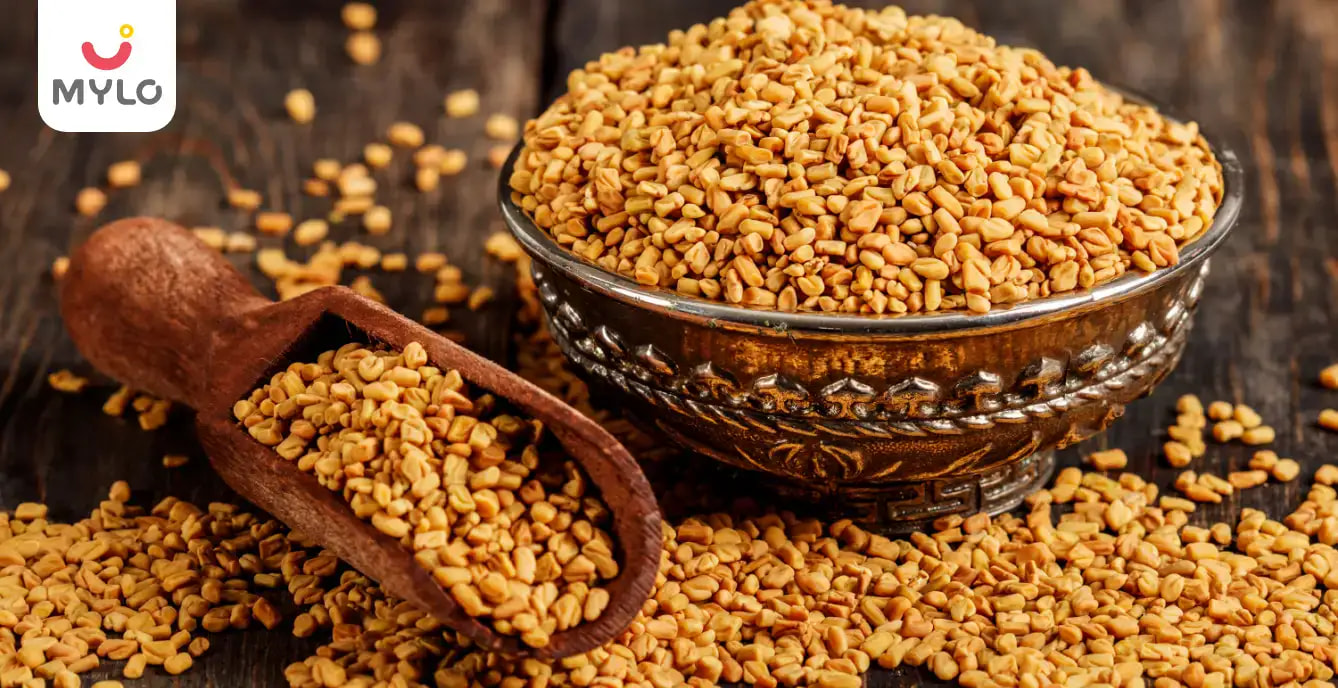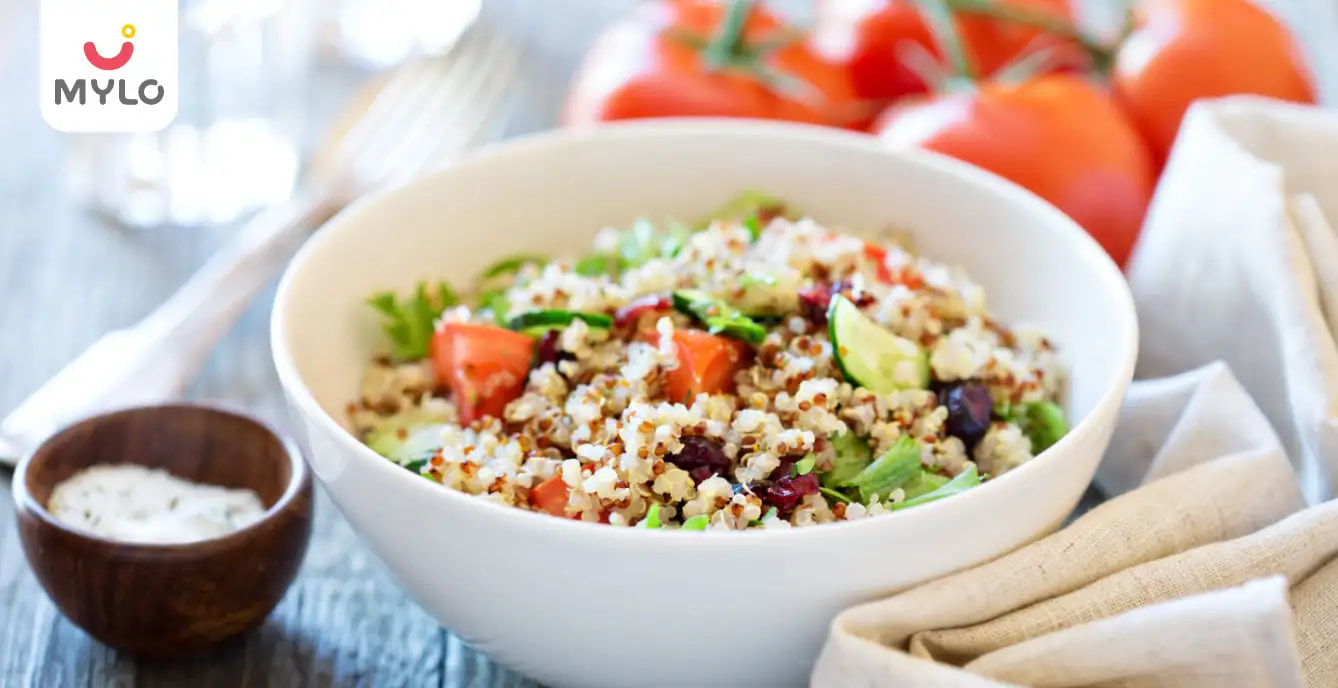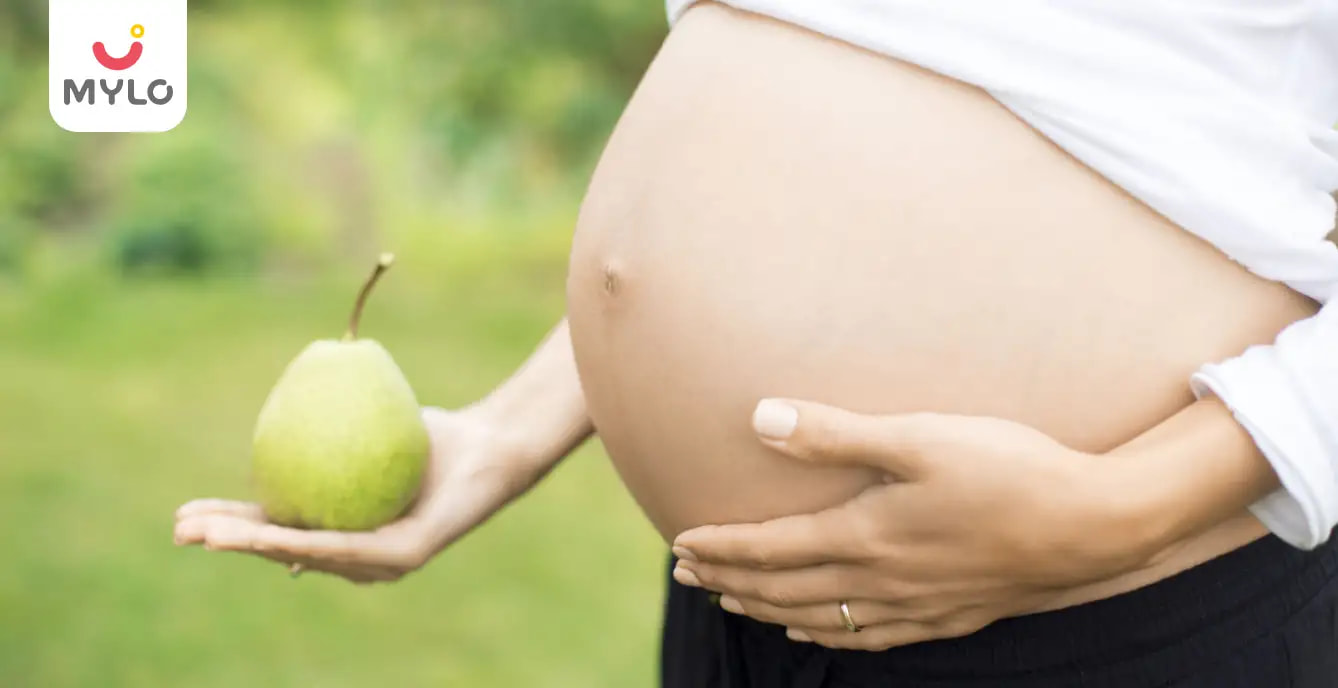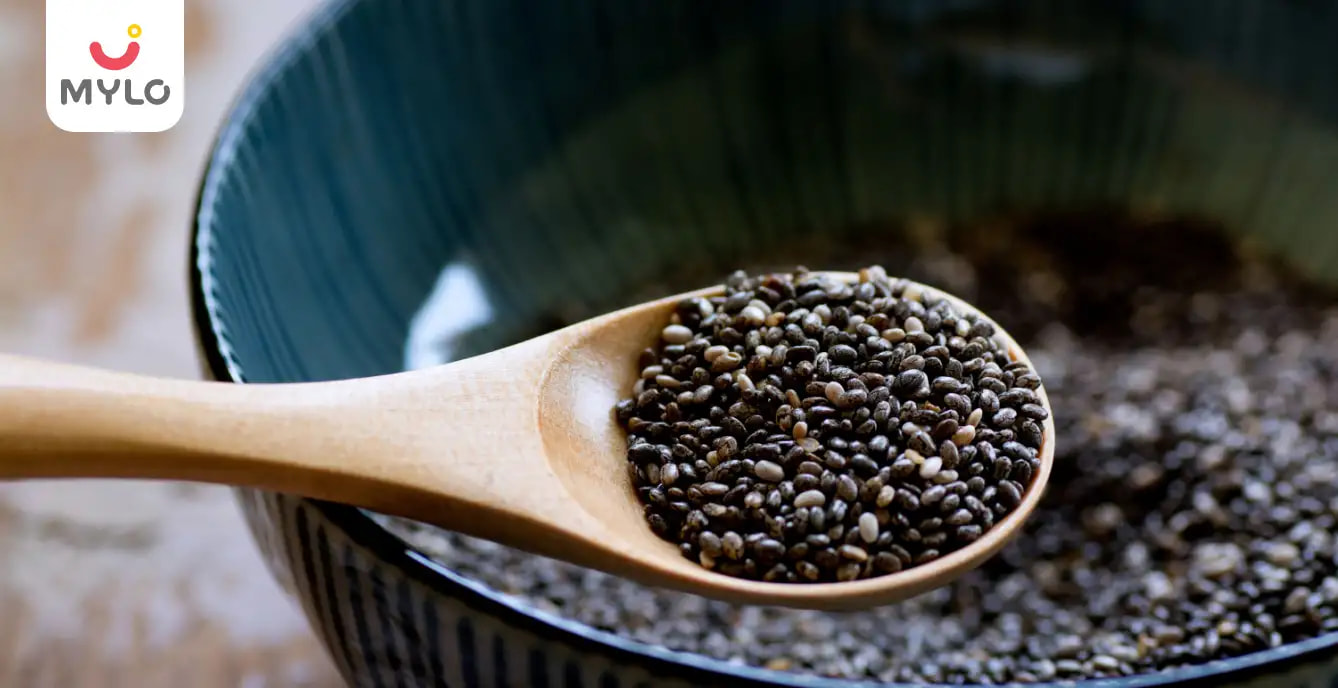Home

Pregnancy Journey

Eating Placenta: Is it Safe or Not
In this Article
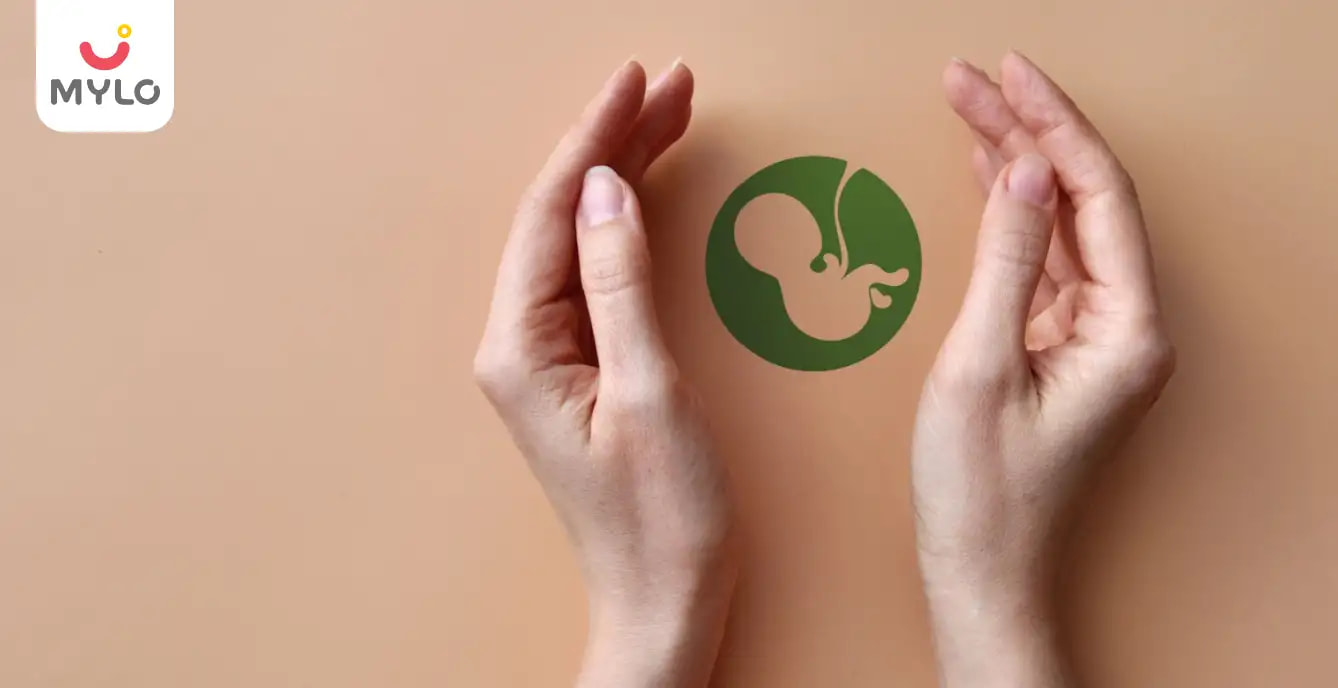
Pregnancy Journey
Eating Placenta: Is it Safe or Not
Updated on 3 November 2023
Eating Placenta: Is it Safe or Not
In recent years, there has been a growing trend of new mothers consuming their placenta after giving birth. While the jury is still out on whether or not this practice has any health benefits, some swear by it. So, what exactly is the placenta and why would someone want to eat it? In this article, we will explore the topic of eating placenta and discuss the pros and cons of doing so. We will also touch on the safety concerns surrounding this practice.
What is the placenta?
The placenta is a temporary organ that forms during pregnancy and provides nutrients and oxygen to the growing baby. It also filters out waste products from the baby's blood. The placenta attaches to the lining of the uterus, and the umbilical cord grows from it.
The placenta is rich in iron and other minerals, and some women believe that eating it can help postpartum recovery. There is no scientific evidence to support this claim, but some women report feeling more energetic after eating their placenta. Some worry that consuming the placenta may be unsafe, but there have been no reports of adverse effects.
What are the benefits of eating placenta?
The benefits of eating placenta are said to include increased energy levels, improved mood, reduced stress, and enhanced skin tone. Some women also report that it helps them recover more quickly from childbirth and eases postpartum blues. While there is no scientific evidence to support these claims, many women who have eaten their placenta say they felt a difference.
How It Works and What to Expect?
If you're considering eating your placenta, you're probably wondering how it works and what to expect. Here's a quick rundown:
The placenta is an organ that develops during pregnancy and provides nutrients and oxygen to the growing fetus. After childbirth, the placenta is typically discarded. However, some people believe that consuming the placenta can offer health benefits, including improved mood, increased energy levels, and faster postpartum recovery.
There are a few different ways to consume the placenta: encapsulation, tinctures, smoothies, or raw. Encapsulation is by far the most popular method, as it is considered the safest and most effective way to consume the placenta. Tinctures and smoothies are also relatively safe, but there is a risk of food-borne illness if the placenta is not properly prepared. Eating raw placenta is not recommended, as there is a risk of infection.
If you're considering eating your placenta, be sure to talk to your healthcare provider first. They can help you decide if it's right for you and provide guidance on how to safely prepare and consume the placenta.
You may also like : What is Low-Lying Placenta: Causes, Symptoms, Treatment, Risk Factors and Travel Restrictions
Are there any risks associated with eating placenta?
There are a few potential risks associated with consuming placenta, though most are theoretical and have not been proven. These include:
- Bacterial infection
If the placenta is not properly sterilized, it could harbour bacteria that could lead to an infection.
-
Transmission of viral infections
There is a theoretical risk that consuming placenta could transmit viral infections like HIV or hepatitis C, though there are no documented cases of this happening.
-
Prion disease
A very rare type of brain disorder that can be transmitted through the consumption of contaminated tissue. However, there has never been a case of prion disease being transmitted through placenta consumption.
You may also like : A Comprehensive Guide to Understanding Placenta Accreta
What do experts say about eating the placenta?
Although there isn't any proof, most experts agree that eating the placenta is safe. Some claim that there are no known risks associated with consuming placenta, and it can even have some health benefits. The placenta is a source of nutrients and hormones, and it can help to balance your hormone levels after giving birth. Some women report feeling more energetic and less depressed after eating their placenta.
If you're considering eating your placenta, talk to your healthcare provider first. They can help you to understand the potential risks and benefits, and they can answer any questions you may have.
Conclusion
There are a lot of conflicting opinions on whether or not eating the placenta is safe. Some people believe that it's a nutritious way to get all the nutrients your body needs, while others worry about the potential for infection. Ultimately, the decision of whether or not to eat the placenta is a personal one and you should do what you feel is best for your body. If you're interested in trying it, be sure to talk to your doctor first and make sure you're doing everything you can to reduce the risk of infection. Visit the Mylo family website for blogs with more information about pregnancy, motherhood, and babies.
References
1. Hayes EH. (2016). Consumption of the Placenta in the Postpartum Period. J Obstet Gynecol Neonatal Nurs.
2. Mota-Rojas D, Orihuela A, Strappini A, Villanueva-García D, Napolitano F, Mora-Medina P, Barrios-García HB, Herrera Y. (2020) Consumption of Maternal Placenta in Humans.
Tags
Eating Placenta: Is it Safe or Not in Hindi, Eating Placenta: Is it Safe or Not in Tamil, Eating Placenta: Is it Safe or Not in Telugu, Eating Placenta: Is it Safe or Not in Bengali



Written by
sakshi prasad
Get baby's diet chart, and growth tips

Related Articles
Related Questions
Influenza and boostrix injection kisiko laga hai kya 8 month pregnancy me and q lagta hai ye plz reply me

Hai.... My last period was in feb 24. I tested in 40 th day morning 3:30 .. That is faint line .. I conculed mylo thz app also.... And I asked tha dr wait for 3 to 5 days ... Im also waiting ... Then I test today 4:15 test is sooooo faint ... And I feel in ma body no pregnancy symptoms. What can I do .

Baby kicks KB Marta hai Plz tell mi

PCOD kya hota hai

How to detect pcos

Related Topics
RECENTLY PUBLISHED ARTICLES
our most recent articles

Diet & Nutrition
গর্ভাবস্থায় আলুবোখরা: উপকারিতা ও ঝুঁকি | Prunes During Pregnancy: Benefits & Risks in Bengali

Diet & Nutrition
গর্ভাবস্থায় হিং | ঝুঁকি, সুবিধা এবং অন্যান্য চিকিৎসা | Hing During Pregnancy | Risks, Benefits & Other Treatments in Bengali

Women Specific Issues
স্তনের উপর সাদা দাগ: লক্ষণ, কারণ এবং চিকিৎসা | White Spots on Nipple: Causes, Symptoms, and Treatments in Bengali

Diet & Nutrition
গর্ভাবস্থায় পোহা: উপকারিতা, ধরণ এবং রেসিপি | Poha During Pregnancy: Benefits, Types & Recipes in Bengali

Diet & Nutrition
গর্ভাবস্থায় মাছ: উপকারিতা এবং ঝুঁকি | Fish In Pregnancy: Benefits and Risks in Bengali

Diet & Nutrition
গর্ভাবস্থায় রেড ওয়াইন: পার্শ্ব প্রতিক্রিয়া এবং নির্দেশিকা | Red Wine During Pregnancy: Side Effects & Guidelines in Bengali
- ইনার থাই চ্যাফিং: কারণ, উপসর্গ এবং চিকিৎসা | Inner Thigh Chafing: Causes, Symptoms & Treatment in Bengali
- গর্ভাবস্থায় ব্রাউন রাইস: উপকারিতা ও সতর্কতা | Brown Rice During Pregnancy: Benefits & Precautions in Bengali
- Velamentous Cord Insertion - Precautions, Results & Safety
- Unlock the Secret to Flawless Skin: 7 Must-Have Qualities in a Face Serum
- Unlock the Secret to Radiant Skin: How Vitamin C Serum Can Transform Your Complexion
- Gender No Bar: 10 Reasons Why Everyone Needs a Body Lotion
- Unlock the Secret to Radiant Skin How to Choose the Perfect Body Lotion for Your Skin Type
- Top 10 Reasons to Apply a Body Lotion After Every Bath
- Communication in Toddlers: Milestones & Activities
- How to Improve Vocabulary for Toddlers?
- A Comprehensive Guide to Understanding Placenta Accreta
- Vulvovaginitis in Toddlers Causes, Symptoms and Treatment
- A Comprehensive Guide to Understanding Cerebral Palsy in Children
- Bitter Taste in Mouth During Pregnancy: Understanding the Causes and Remedies


AWARDS AND RECOGNITION

Mylo wins Forbes D2C Disruptor award

Mylo wins The Economic Times Promising Brands 2022
AS SEEN IN

- Mylo Care: Effective and science-backed personal care and wellness solutions for a joyful you.
- Mylo Baby: Science-backed, gentle and effective personal care & hygiene range for your little one.
- Mylo Community: Trusted and empathetic community of 10mn+ parents and experts.
Product Categories
baby carrier | baby soap | baby wipes | stretch marks cream | baby cream | baby shampoo | baby massage oil | baby hair oil | stretch marks oil | baby body wash | baby powder | baby lotion | diaper rash cream | newborn diapers | teether | baby kajal | baby diapers | cloth diapers |



